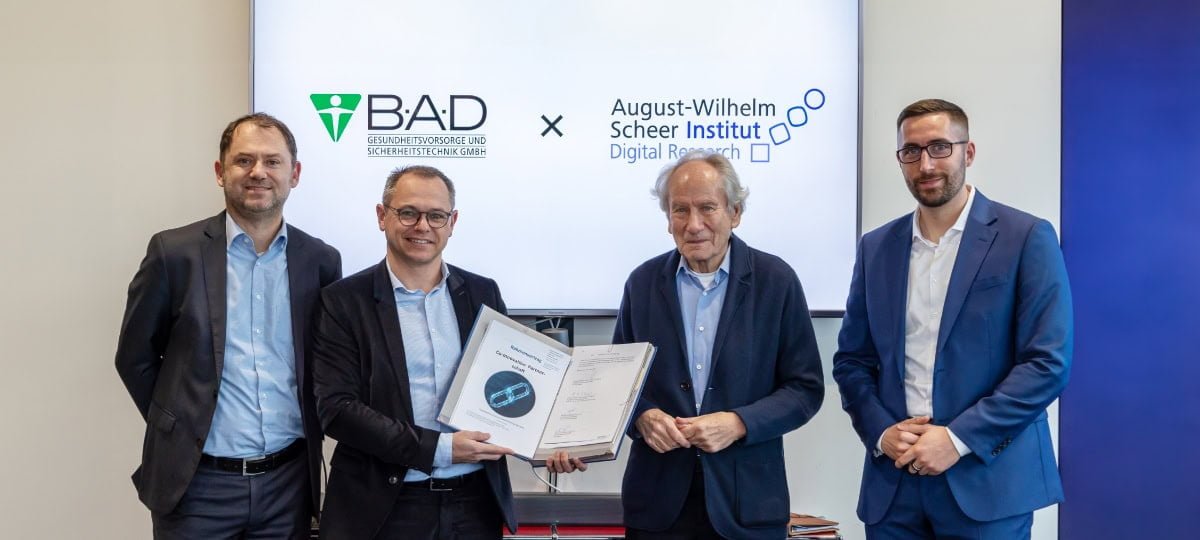iPaaS: More freestyle, less compulsory!
![[shutterstock.com: 1368993110, Blue Andy]](https://e3mag.com/wp-content/uploads/2020/03/shutterstock-1368993110.jpg)

According to Gartner, the technologies, processes and competencies required for the in-house operation of an integration platform are extensive and complex. Gartner speaks here (see previous article) of a "Hybrid Integration Platform" (HIP).
Many companies find it too much to operate such a HIP themselves; for them, operation by a professional cloud provider is the better solution. They then book an iPaaS cloud service and can flexibly decide to what extent they want to work themselves and what they delegate to the platform provider. This frees them from the chore and leaves them more time for the freestyle.
The technical term iPaaS, introduced by Gartner back in 2011, stands for "Integration Platform as a Service" and is a relatively new technology trend that the corporate world does not seem to have fully grasped yet.
The idea is basically simple: The integration platforms that have long existed in the corporate world with, for example, CRM and ERP connectors are being moved to the cloud and supplemented with connectors for connecting to the increasingly popular cloud services/software-as-a-service applications.
Instead of on-premises servers and data synchronization between enterprise applications, iPaaS integrations allow users to host their connections in the cloud, where they are deployed and maintained by an external iPaaS provider and accessible through an Internet application.
It doesn't matter whether the applications are on-premises or cloud-based SaaS applications. All types of enterprise applications can be integrated on the same iPaaS platform. No separate hardware or middleware needs to be installed and managed for the integration.
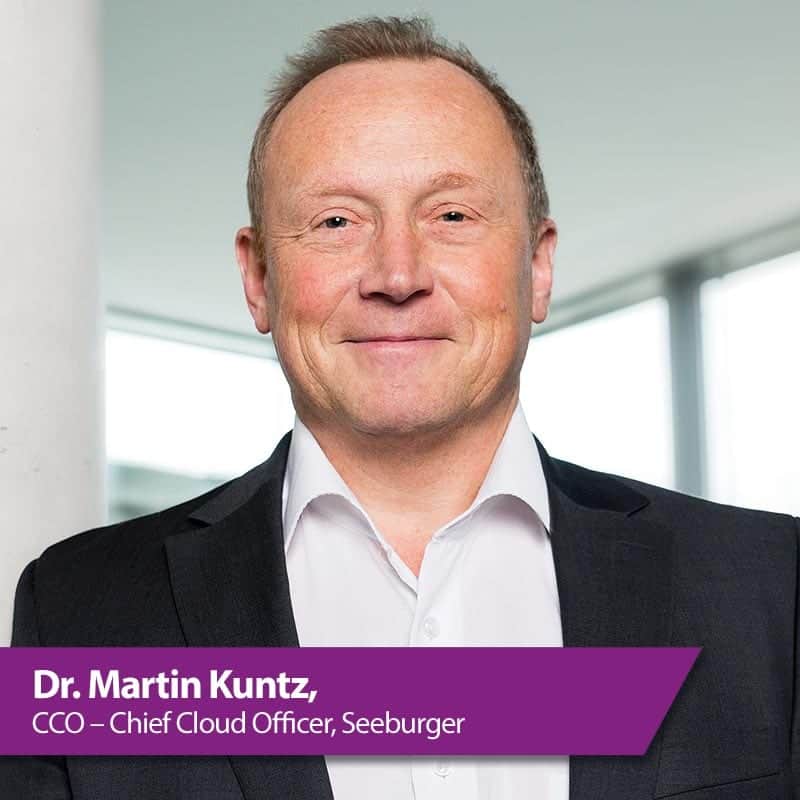
For this reason, iPaaS is often also referred to as "middleware as a service". As a cloud-based platform, iPaaS combines data and application integration and, if required, links different cloud models to form a hybrid cloud model.
In this way, iPaaS meets its primary challenge of providing a clean and unified platform for integrating and thus using different cloud services.
Application Programming Interfaces (APIs) play a central role in the integration process. They form the interfaces to the various cloud services and should not be missing from any iPaaS solution.
iPaaS in particular can therefore help ensure that a company's myriad services, whether in the cloud or on-premises, work together seamlessly in technical terms and are easily scalable. However, a successful, long-term integration strategy involves more than just technology.
Gartner has observed for years that business departments are driving many cloud-based integration processes independently. An increasing number of available SaaS solutions that address specific problems of the business departments, their relatively simple handling, and easy access to development and management resources favor this self-directed approach. However, this only applies to simpler integration projects.
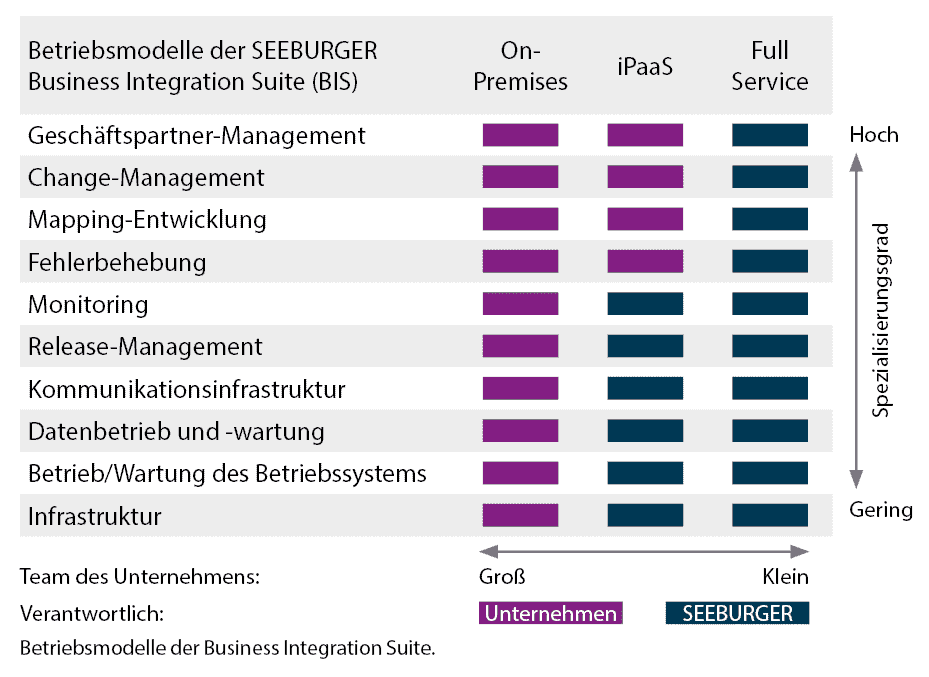
If the technical complexity reaches a certain depth, as can happen quickly in the B2B integration environment, for example, the IT department and experienced specialists are increasingly involved.
At the same time, companies are facing limited IT budgets and a shrinking pool of skilled workers - and are therefore right to worry about business.
A way out of this dilemma is offered by providers of hybrid integration approaches that provide not only the technology but also specialist personnel. Seeburger AG, for example, provides companies not only with an iPaaS solution based on the proven Seeburger Business Integration Suite (BIS), but also with appropriately qualified specialists.
In doing so, the expert staff advises companies, suggests best practices for specific use cases, and helps overcome temporary internal staff shortages as well as particularly complicated integration tasks.
If desired, this can even go so far as to completely take over operation of the cloud-based integration platform, leaving customers with only monitoring access to the platform.
Unique in the integration environment, Seeburger offers the Business Integration Suite (BIS) based on a "One Platform Strategy" as a HIP-compliant solution platform in multiple operating models.
Enterprises can choose from the following Seeburger BIS deployment options depending on their security, availability and flexibility requirements, the needs of their different business units and their IT strategy.
The right operating model for every requirement
On-premises - The company runs BIS itself on its own terms, that is, with its own team, its own hardware, either in its own data center or in a selected private infrastructure cloud, such as AWS, Azure or Google Cloud Platform (GCP).
On request, Seeburger's service team also offers remote support for the operation of the BIS platform, for example for monitoring and error detection, via the Remote Management Service.
iPaaS - The preferred operating model for companies that, on the one hand, want to keep the reins of action in their own hands and develop processes, mappings and configurations themselves and, on the other hand, want to relieve their own team of time-consuming technical tasks. These companies want secure, high-availability operation of the Business Integration Suite in the cloud.
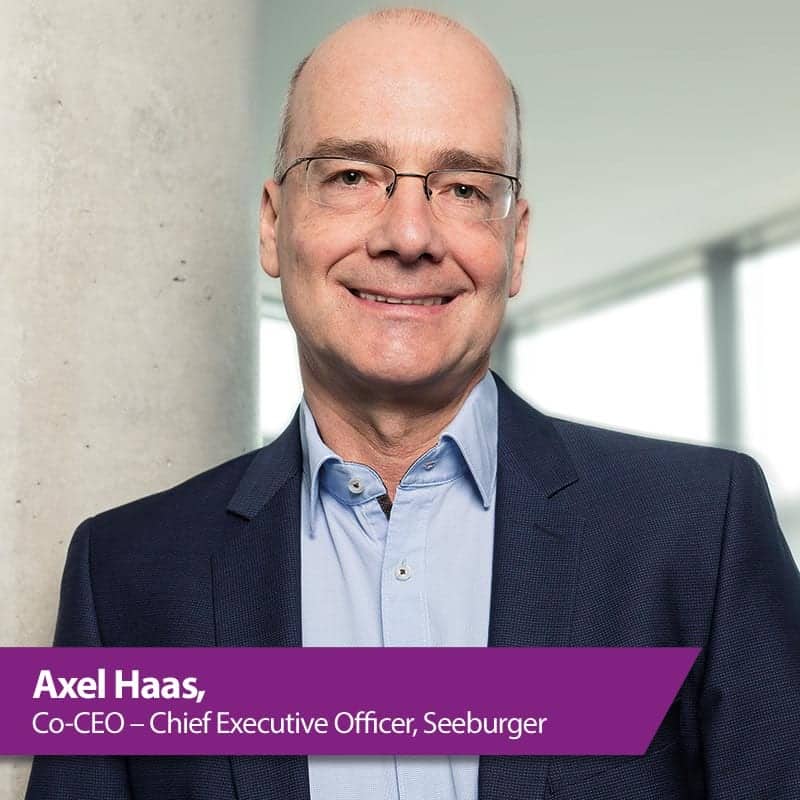
Full Service - Ideal for those who want an integration platform in the cloud without using their own company resources - typically small to medium-sized companies. For them, all integration tasks are taken over so that they can concentrate on their core business.
Companies can also opt for a combination of the above options. Seeburger offers a complete service for tasks from a private cloud or as a public cloud service.
In a hybrid model, each integration task is solved where it makes the most sense in terms of security, privacy, efficiency and the best value for the team.
Thereby the responsibility can be shifted flexibly according to the wishes of the iPaaS customer. For this purpose, the iPaaS customer and Seeburger determine in an initial workshop who should take over which task in productive operation and in particular who should be informed about which information chain in which situation (monitoring and error detection is usually performed by Seeburger).
The Seeburger Cloud Team takes the iPaaS customer by the hand and, based on more than 30 years of experience in the integration environment and more than 15 years of cloud experience, supports him in bringing his (previous) integration landscape to a consistent structure right from the start when migrating to the iPaaS platform.
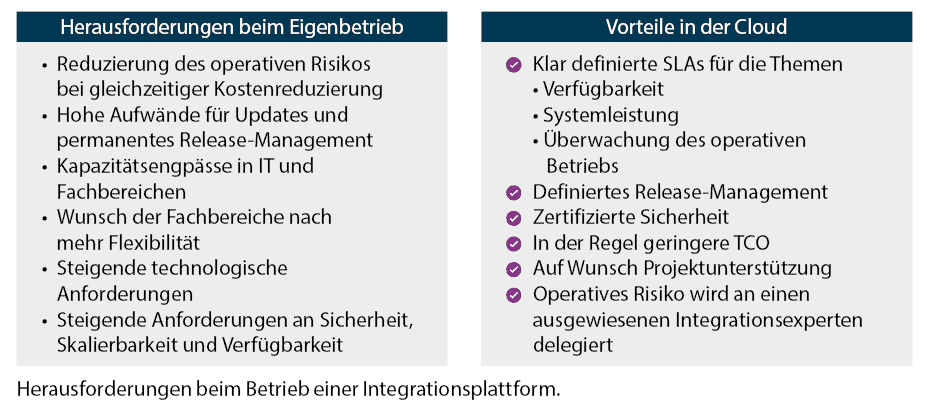
After all, no company starts from scratch; every company has a history and legacy issues that need to be migrated. Seeburger supports here with extensive training and a variety of ready-made content (processes, mappings, cloud connections).
Furthermore, customers benefit from a bundle of existing and directly usable specialist cloud services and SAP add-on solutions that enable rapid migration and go-live.
Typically, the iPaaS customer works on the staging client provided (this is a separate, production-preparation environment), makes changes there, and then transports them to the production client (similar to how SAP works).
Seeburger offers its cloud services in six data centers in Germany, the USA and China with maximum availability and the highest requirements for security and performance (active-active environment, release management and disaster recovery).

Why iPaaS?
Because integration has become extremely difficult and the rapid growth and adoption of cloud services is bringing significant change.
Because with iPaaS, IT departments can still perform the integration themselves. However, in terms of resources and time, this is becoming increasingly costly. It is often more time-saving and efficient to commission an external iPaaS provider with this task.
iPaaS can be scaled according to requirements and supports real-time integration. The key is that by using a consistent structure for integration, there is no need to start from scratch every time a new service needs to be integrated. Since all platform management is done in a single tool, you can reduce the time and effort required for integrations as well as IT costs.




